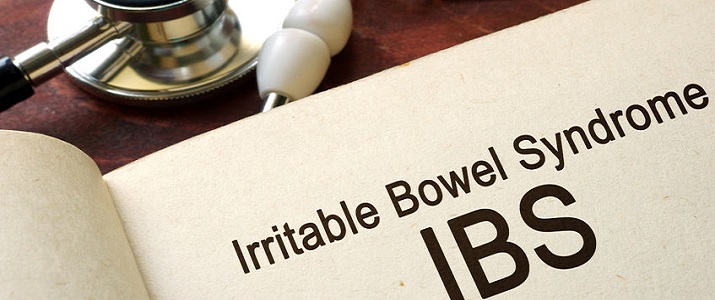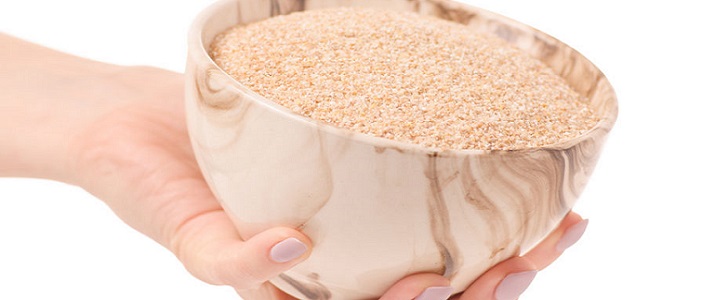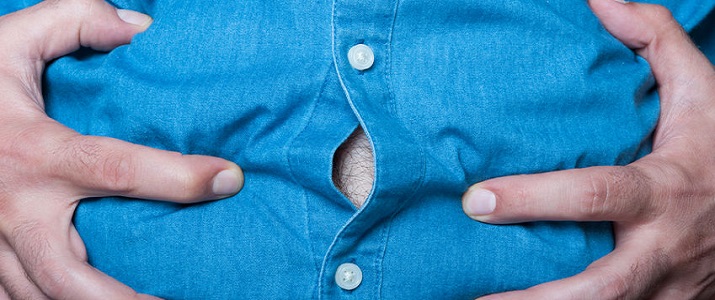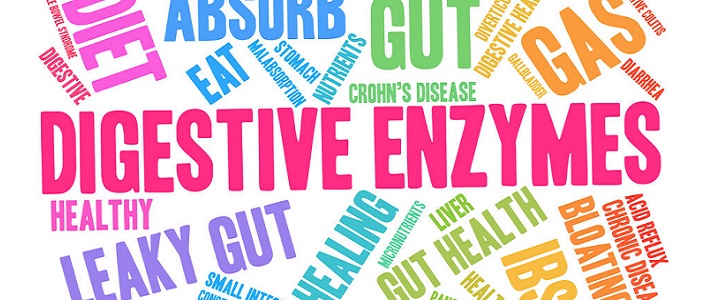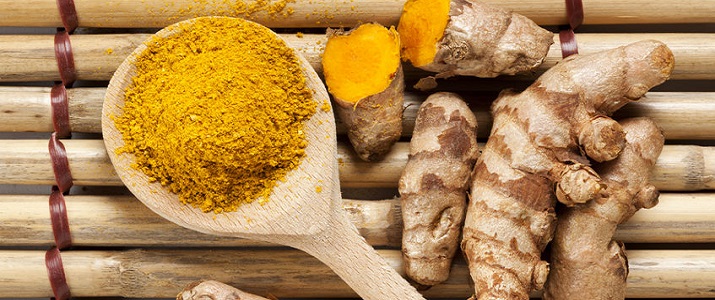Prevention Tips For IBS
For sufferers with Irritable Bowel Syndrome (IBS), staying as far away from a flare-up is the goal because the time it takes to recover from an episode is usually not an insignificant period of time. However there are hands-on strategies that really can make a difference in helping you, and we have outlined these tips below.
Embracing Fiber In Your Life
Fiber is one of those words that may be the last one you want to hear as much as it’s mentioned for people with IBS, but it really is key in every aspect of what it is. Fiber feeds billions of bacteria that can be found in our gut and the positive impact on our bodies to keep our intestines in good stead is vast. Foods with high amounts of fiber that will not typically have adverse reactions include lentils, raspberries, blackberries, pears, avocados, bran, barley, and oatmeal. Other sources of fiber to add to your life include flax and chia.
Stay Away From Certain Foods
Some foods are tough on your system and they should be on your list of foods to avoid. They include chocolate, cabbage, sugar-free sweeteners, broccoli and cauliflower, corn, beans, dairy, highly fatty foods, spicy foods, coffee, and pizza. However you will know your own body the best, and therefore the list of foods that trigger a flare-up should be really defined by your own experience with knowing what foods to stay away from.
Stay Hydrated With Water
There is no question that drinking tons of water is key as a general rule of thumb for good health, but the importance of water cannot be emphasized enough for IBS. Unfortunately, alcohol, caffeine, carbonated drinks, and even coffee and tea can cause a flare-up, so deliberate carefully what fluids you want to ingest. Water at the end of the day is the safest bet.
Alternative Therapies
Alternative medical options including biofeedback can have a positive effect on IBS. Using both relaxation techniques and guided imagery with the aid of computer technologies which monitor your body’s arousal and response rate, the use of biofeedback has been shown to reduce symptoms significantly and should be considered.
Managing Stress
It is no secret that stress and anxiety can trigger a flare-up and so how you can stay out of extraordinarily stressful situations is something to consider. How to make this into effect is harder said than done, but should be acknowledged as a top priority. There are many options for pursuing stress management including yoga. The goal is to relax your abdominal muscles with the goal of ensuring that your gastrointestinal tract stays functional and regular.
Support Groups and Counseling
With so many millions affected by IBS, finding a support group that meets regularly around IBS is no longer hard to find. Or you may start a group yourself. Groups are available online as well as an option to help support and feel supported by others who have similar goals. It’s key to get support from a group or a counselor one-on-one if you find yourself overwhelmed in a fairly day-to-day way. Best not to avoid whatever it is you may be feeling – because there are others too and hearing about those shared experiences or even other experiences can really have a powerful impact on not feeling so alone.

 Subscribe Now
Subscribe Now


